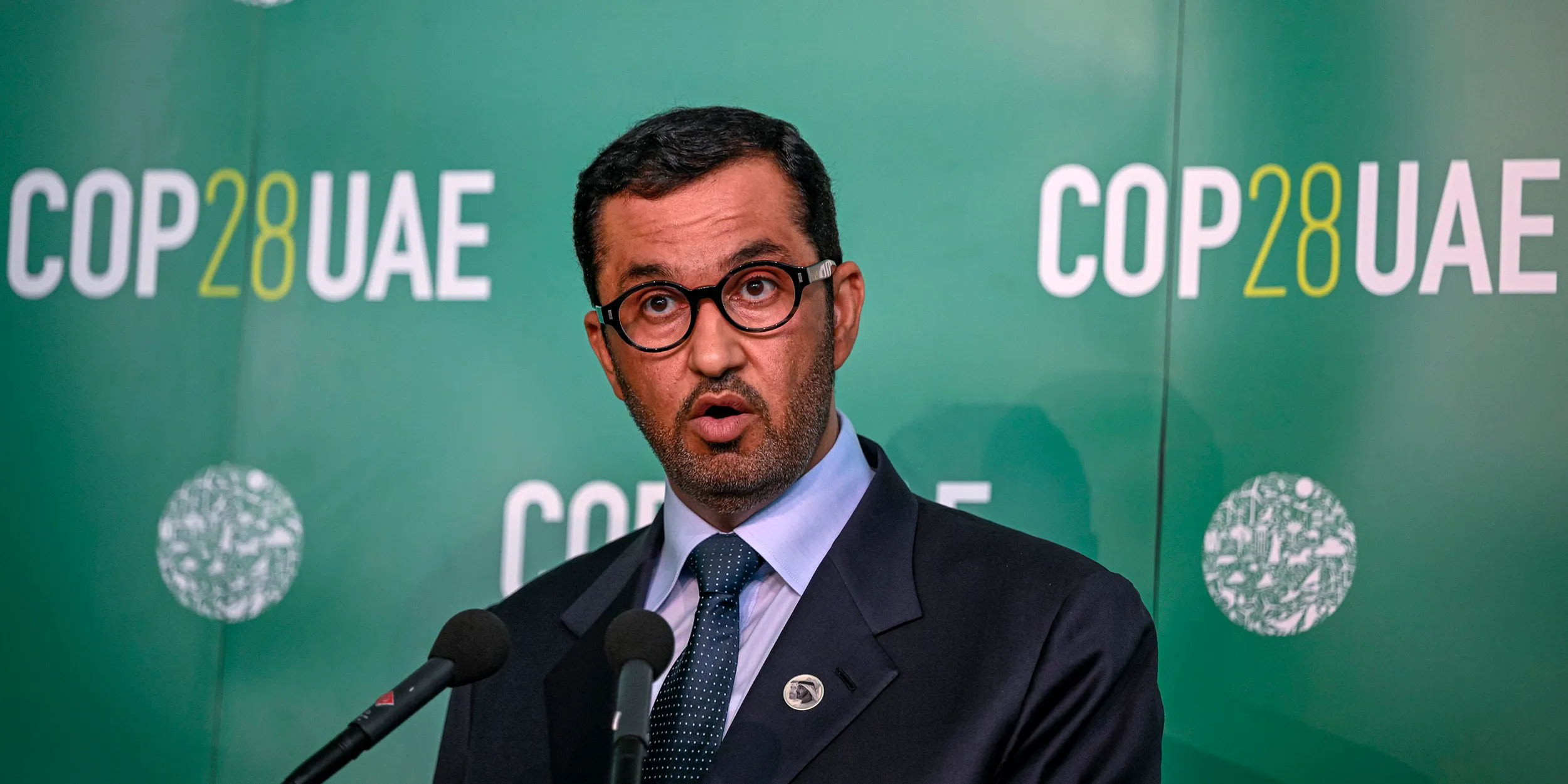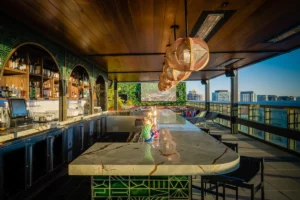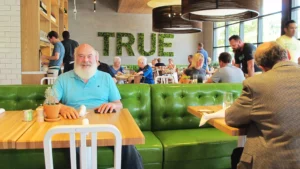COP28: Spotlight on Food Systems and Climate Change

Food systems are getting a lot of attention at the climate talks in Dubai, where Sultan al-Jaber will be president of COP28. Let’s talk about why this move is so important for the health of our world.
COP28: Climate talks get a tasty makeover

Al-Jaber’s promise to change the way food systems work is a big deal. A third of the world’s greenhouse gas emissions come from food systems. This promise gives us hope that we can fight climate change and its effects on food sources.
COP28: Are you a friend or foe of modern farming?
One of the most important people in England’s National Food Strategy, Henry Dimbleby, shows the bad side of modern farming. He says that intensive farming has caused a “global collapse” in biodiversity. Let’s look at how the food we eat affects this natural problem.
COP28: Changes in the Flow: From Bad to Good
It sounds good to say that the climate, farming, and nature link can be turned into a good one, but it won’t be easy. There are greenhouse gas pollution at every stage of the food chain, from growing the food to putting it on your plate. How can we all work together to make our food sources last longer?
Broken Systems: A Call to Wake Up the World
António Guterres, the secretary-general of the UN, says that the world’s food systems are broken, and the effects are bad. But farms and food have been pushed to the back of the line in climate talks. Let’s talk about why these issues are hard for leaders and how they affect so many people.
Dealing with the Waste Problem
It’s very important that we do something about the shocking amount of food waste in our system, as Dimbleby said. We need to rethink our approach because of things like wasted food and poor farming methods. How can eating less meat and more plant-based foods make the world a better place?
A Balanced Act Between Local and Global
It’s not easy to decide between local and global food sources. Some people, like Dimbleby, say that reducing risk should be done on a world scale, while others say that we should go back to local, sustainable methods. Let’s compare the good and bad points of each point of view.
Greening up our cities through urban agriculture
It looks like city farms could be an answer, both for growing food and for making cities greener. CEO of RUAF Jess Halliday talks about how urban farming can help towns deal with climate change. How can city farms help make the future more environmentally friendly?
New ideas in farming: a glimmer of hope
With a huge $13 billion backing, the Agriculture Innovation Mission for Climate program is paying for projects that will change the way farming is done. Find out about the new ideas that are changing the future of agriculture, from biopesticides that are smart about the environment to public-private partnerships.
Balancing Act: Man-Made Solutions to Food Security
It is an American company called GreenLight Biosciences that is the first to use climate-smart biopesticides. Even though there are worries, the CEO makes the case for how artificial testing can help solve food security problems. Are these new ideas the key to making food safer and more sustainable in the future?
Finally, the fact that COP28 is focusing on farms and food is a good thing. As we try to figure out how to change our food systems, it’s clear that we need to work together to make the world healthy and the future more stable.



